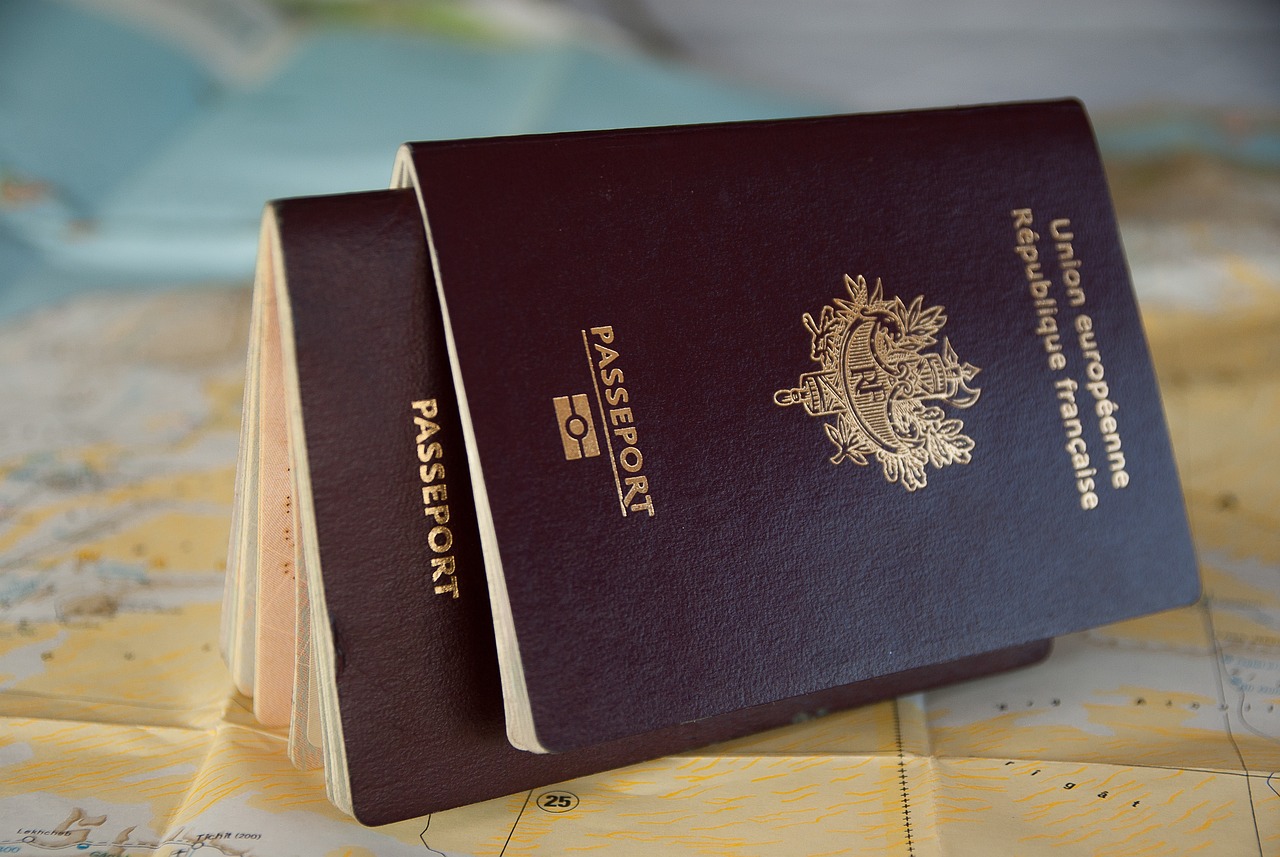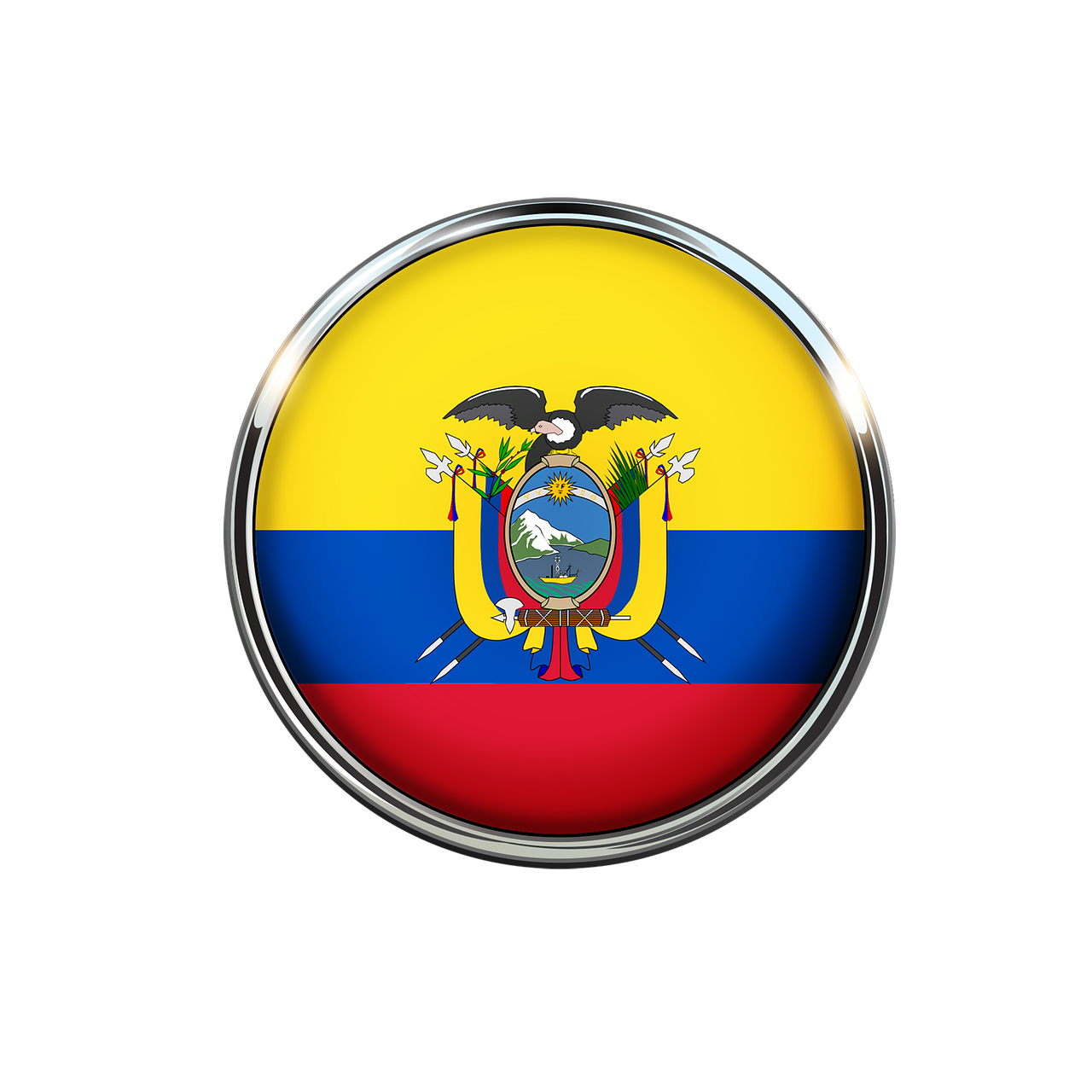This week we bring you new updates regarding the I-693 medical examination.
On April 4, 2024, the U.S. Citizenship and Immigration Services (USCIS) announced that any Form I-693, Report of Immigration Medical Examination and Vaccination Record, that was properly completed and signed by a civil surgeon on or after November 1, 2023, does not expire and can be used indefinitely as evidence to show that the applicant is not inadmissible on health-related grounds.
What is Form I-693?
The Form I-693 is a medical examination report that must be completed by a USCIS approved civil surgeon. It is a required document for certain noncitizens who must prove to USCIS that they are free of any health-related conditions that would make them inadmissible to the United States. This includes applicants applying for adjustment of status on Form I-485 (green card applicants).
Beginning December 9, 2021, USCIS recognized the validity of Form I-693 for a period of 2 years from the date the civil surgeon signed the form, regardless of when the underlying application was submitted.
What changed?
Medical Examinations Completed On or After November 1, 2023
USCIS has consulted with the Centers for Disease Control and Prevention (CDC) and determined that the validity of Form I-693 will no longer be limited to a certain period, so long as it was properly completed and signed by a civil surgeon on or after November 1, 2023.
Effective November 1st, the CDC has required civil surgeons to share certain medical data from the Form I-693 directly with CDC electronically. CDC and USCIS have also collaborated to improve the reporting of public health information collected on Form I-693 by civil surgeons to local U.S. health departments.
Before this policy update, civil surgeons were not required to share such information with CDC electronically.
 Visa Lawyer Blog
Visa Lawyer Blog











